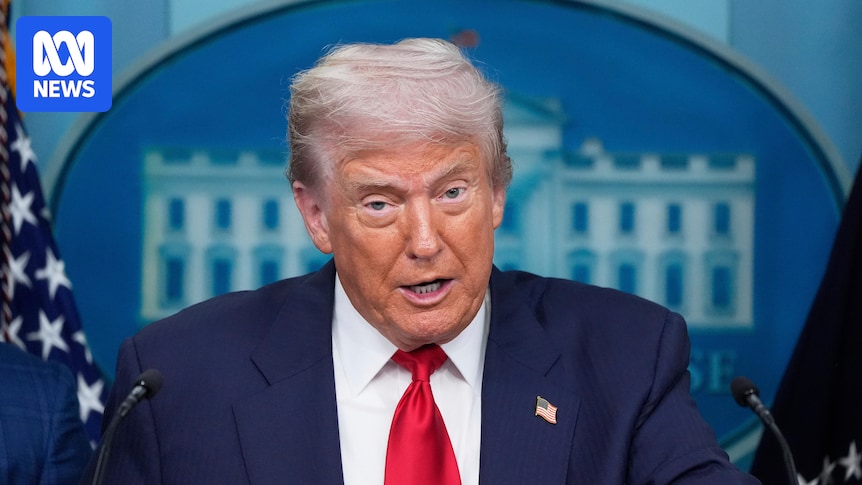
US President Donald Trump has ordered the deployment of at least 200 California National Guard members to Oregon, a move that has sparked legal challenges and political controversy. This decision follows a temporary court ruling that blocked the administration from sending Oregon’s own troops to Portland, where protests have been ongoing near a US Immigration and Customs Enforcement (ICE) facility.
California Governor Gavin Newsom announced on Sunday that he intends to challenge the deployment in court, criticizing the president’s actions as “reckless and authoritarian.” Meanwhile, a Pentagon spokesperson confirmed that the reassignment of the guards to Portland was made “at the direction of the president” to support ICE agents.
Legal and Political Reactions
Oregon Governor Tina Kotek reported that 101 California National Guard members had already arrived in the state by plane on Saturday, with more expected to follow. She expressed concern over the lack of formal communication from the federal government regarding the deployment, emphasizing that “there is no need for military intervention in Oregon.”
The deployment comes after US District Court Judge Karin Immergut temporarily blocked the Trump administration from deploying Oregon’s National Guard to Portland. The judge, appointed by Trump during his first term, ruled that the relatively small protests did not justify federal intervention, warning that it could harm Oregon’s state sovereignty.
“This country has a longstanding and foundational tradition of resistance to government overreach, especially in the form of military intrusion into civil affairs,” Judge Immergut stated.
Broader Implications and Historical Context
This deployment is part of a broader pattern by the Trump administration to send federal forces to cities experiencing unrest. The president has frequently described cities like Portland and Chicago as “war zones,” justifying the use of federal troops to restore order. However, local leaders have often disputed these characterizations, arguing that the presence of federal forces escalates tensions.
In Illinois, Governor JB Pritzker faced a similar situation when Trump authorized the deployment of 300 Illinois National Guard troops to Chicago. Pritzker criticized the move as “un-American,” highlighting concerns about federal overreach and the potential for racial profiling by federal agents.
Impact on Local Communities
The deployment of federal forces has raised alarms about potential civil rights violations and the militarization of law enforcement. In Chicago, the presence of armed, camouflaged, and masked Border Patrol agents has heightened fears of racial profiling, particularly in immigrant-heavy and Latino neighborhoods.
Protests have continued near immigration facilities, with federal officials reporting multiple arrests. The situation has drawn comparisons to past instances of federal intervention in civil matters, sparking debate over the balance between maintaining order and respecting state sovereignty.
Looking Ahead
As legal battles unfold, the implications of these deployments remain uncertain. Governors like Newsom and Kotek are preparing to challenge the federal government’s actions in court, potentially setting the stage for significant legal precedents regarding the use of military forces in domestic affairs.
Meanwhile, the Trump administration continues to advocate for the deployment of federal forces as a necessary measure to combat crime and unrest in urban areas. The outcome of these legal challenges could have far-reaching consequences for the relationship between federal and state governments, as well as the future of civil liberties in the United States.







